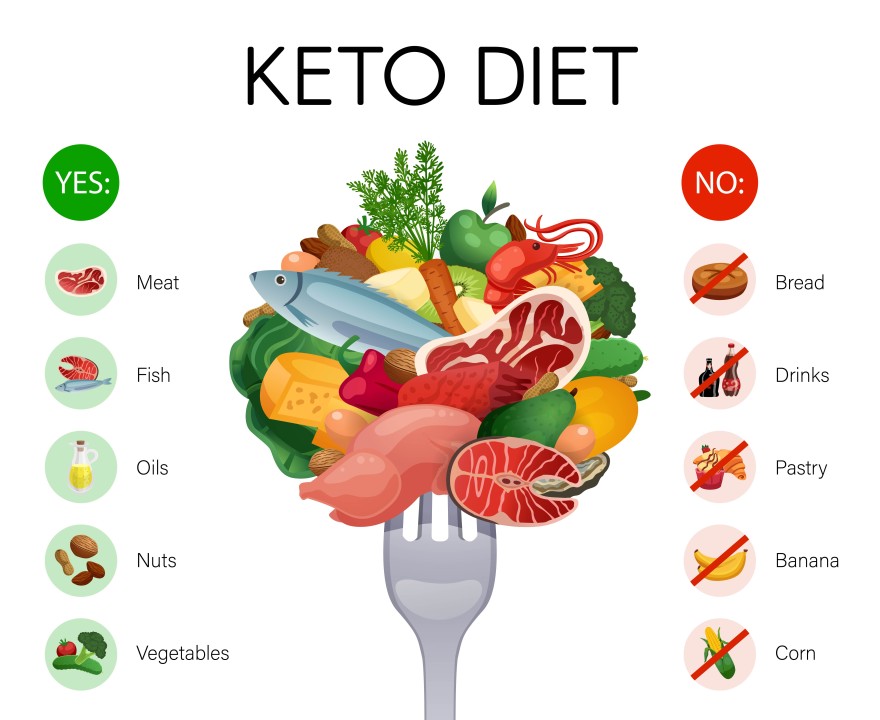Keto Diet: Everything You Need To Know
Par un écrivain mystérieux
Last updated 14 juillet 2024

Ketogenic or Keto diet comes from the fact that our body, specifically our liver produces ketones. It produces them when you don
Ketogenic or Keto diet comes from the fact that our body, specifically our liver produces ketones. It produces them when you don't have enough insulin in your body to turn glucose into energy. Because your body needs another source, it uses fat instead. Turns this fat into ketones, a type of acid, and sends them into your bloodstream.The ketogenic diet is a very low-carb high-fat dietThe diet contains a drastic reduction of carbohydrate intake and replacing it with fat. This reduction in carbs puts your body into a metabolic state called ketosis. When this happens, your body becomes incredibly efficient at burning fat for energy.The standard ketogenic diet (SKD): This is a very low-carb, moderate-protein and high-fat diet. It typically contains 75% fat, 20% protein and only 5% carbsThe cyclical ketogenic diet (CKD): This diet involves periods of higher-carb refeeds, such as 5 ketogenic days followed by 2 high-carb days.The targeted ketogenic diet (TKD): This diet allows you to add carbs around workouts.High-protein ketogenic diet: This is similar to a standard ketogenic diet, but includes more protein. The ratio is often 60% fat, 35% protein and 5% carbsThe ketogenic diet actually originated as a tool for treating neurological diseases such as epilepsy.Studies have now shown that the diet can have benefits for a wide variety of different health conditions:Heart disease: The keto diet can improve risk factors like body fat, HDL cholesterol levels, blood pressure, and blood sugar.Cancer: The diet is currently being used to treat several types of cancer and slow tumor growth.Alzheimer's disease: The keto diet may reduce symptoms of Alzheimer's disease and slow its progression.Epilepsy: Research has shown that the keto diet can cause massive reductions in seizures in epileptic children.Parkinson's disease: One study found that the diet helped improve symptoms of Parkinson's disease.The most important thing for reaching ketosis is to avoid eating too many carbs. You’ll probably need to keep carb intake under 50 grams per day of net carbs, ideally below 20 grams. The fewer carbs, the more effective it appears to be for reaching ketosis, losing weight or reversing type 2 diabetes.Water is the perfect drink, and coffee or tea is fine too. Ideally, use no sweeteners, especially not sugar.While doing ketosis body loses vitamins and minerals so to keep the body's nutrition appropriate use Fast&Up Vitalize which is formulated with 12 Vitamins, 9 Minerals and Natural Nitrate Rich Beetroot Extract to fill nutritional gaps and maintain overall health daily.
Ketogenic or Keto diet comes from the fact that our body, specifically our liver produces ketones. It produces them when you don't have enough insulin in your body to turn glucose into energy. Because your body needs another source, it uses fat instead. Turns this fat into ketones, a type of acid, and sends them into your bloodstream.The ketogenic diet is a very low-carb high-fat dietThe diet contains a drastic reduction of carbohydrate intake and replacing it with fat. This reduction in carbs puts your body into a metabolic state called ketosis. When this happens, your body becomes incredibly efficient at burning fat for energy.The standard ketogenic diet (SKD): This is a very low-carb, moderate-protein and high-fat diet. It typically contains 75% fat, 20% protein and only 5% carbsThe cyclical ketogenic diet (CKD): This diet involves periods of higher-carb refeeds, such as 5 ketogenic days followed by 2 high-carb days.The targeted ketogenic diet (TKD): This diet allows you to add carbs around workouts.High-protein ketogenic diet: This is similar to a standard ketogenic diet, but includes more protein. The ratio is often 60% fat, 35% protein and 5% carbsThe ketogenic diet actually originated as a tool for treating neurological diseases such as epilepsy.Studies have now shown that the diet can have benefits for a wide variety of different health conditions:Heart disease: The keto diet can improve risk factors like body fat, HDL cholesterol levels, blood pressure, and blood sugar.Cancer: The diet is currently being used to treat several types of cancer and slow tumor growth.Alzheimer's disease: The keto diet may reduce symptoms of Alzheimer's disease and slow its progression.Epilepsy: Research has shown that the keto diet can cause massive reductions in seizures in epileptic children.Parkinson's disease: One study found that the diet helped improve symptoms of Parkinson's disease.The most important thing for reaching ketosis is to avoid eating too many carbs. You’ll probably need to keep carb intake under 50 grams per day of net carbs, ideally below 20 grams. The fewer carbs, the more effective it appears to be for reaching ketosis, losing weight or reversing type 2 diabetes.Water is the perfect drink, and coffee or tea is fine too. Ideally, use no sweeteners, especially not sugar.While doing ketosis body loses vitamins and minerals so to keep the body's nutrition appropriate use Fast&Up Vitalize which is formulated with 12 Vitamins, 9 Minerals and Natural Nitrate Rich Beetroot Extract to fill nutritional gaps and maintain overall health daily.

Keto 2.0: What You Need To Know (And Should You Try It?)
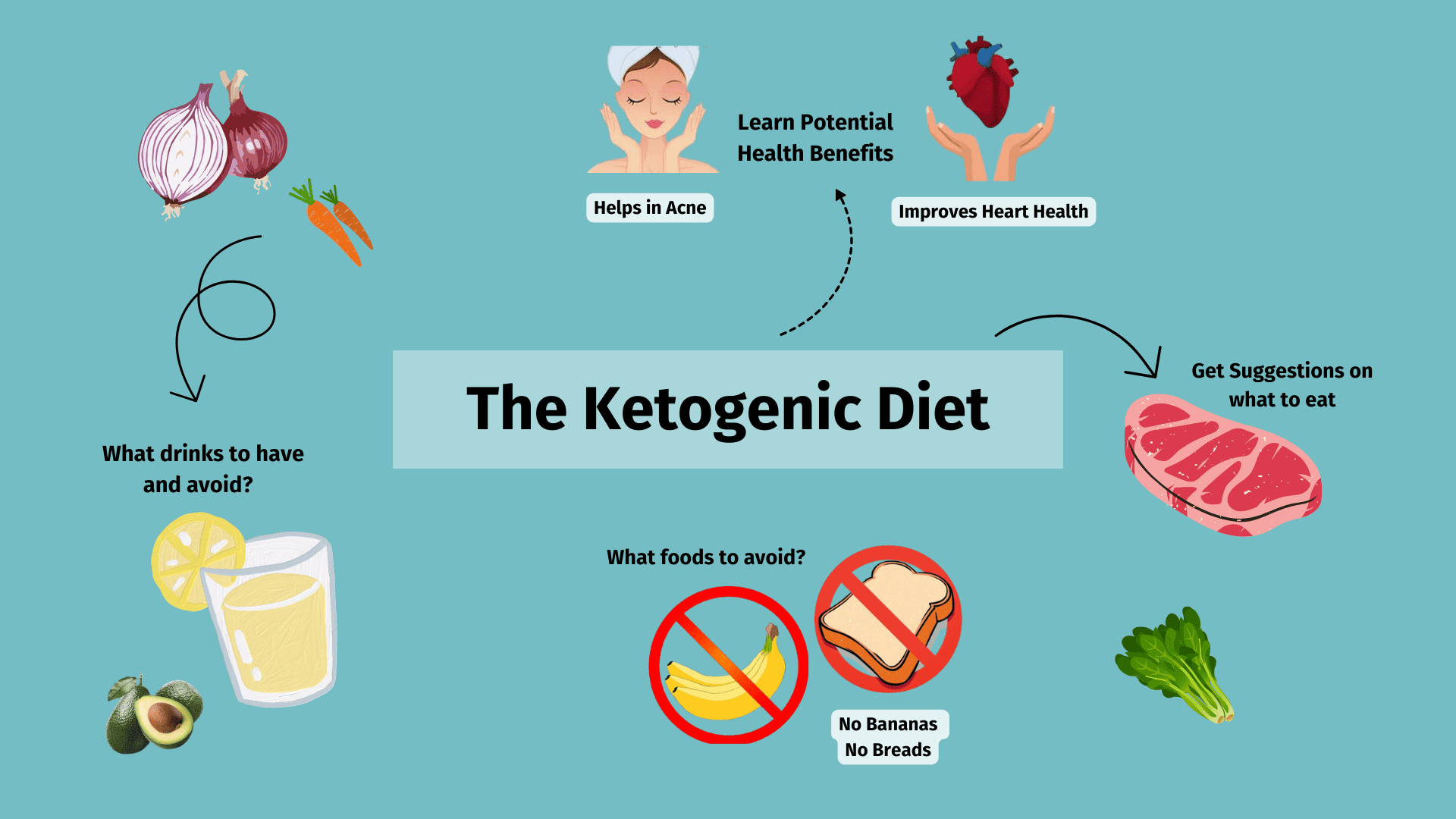
Ketogenic Diet: Keto Diet Meaning, Foods to Eat & Avoid

What To Know Before You Go Keto – Food Insight

Keto Essentials Shopping List – KetoLogic
:max_bytes(150000):strip_icc()/wide-exercise-keto-diet-a45f3e6cb6f1407fbc3c4f1a017ce77f.jpg)
What to Know About Working Out On the Keto Diet
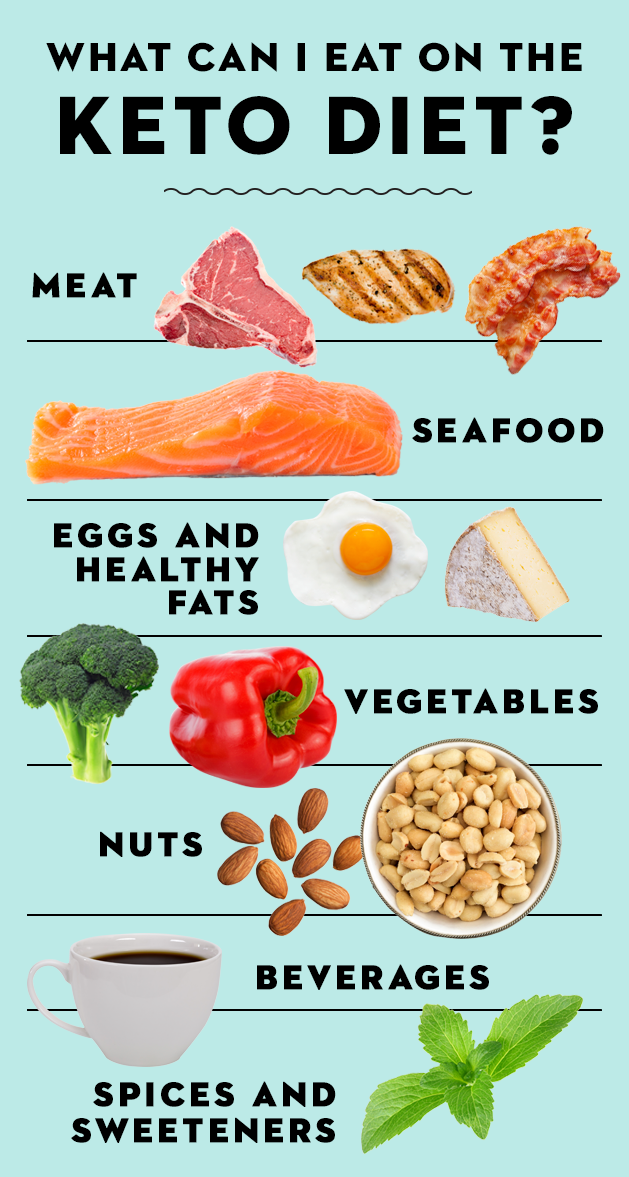
Keto Diet Foods List: What to Eat and Avoid for Beginners

Keto Diet Plan, Natural Weight Loss Program
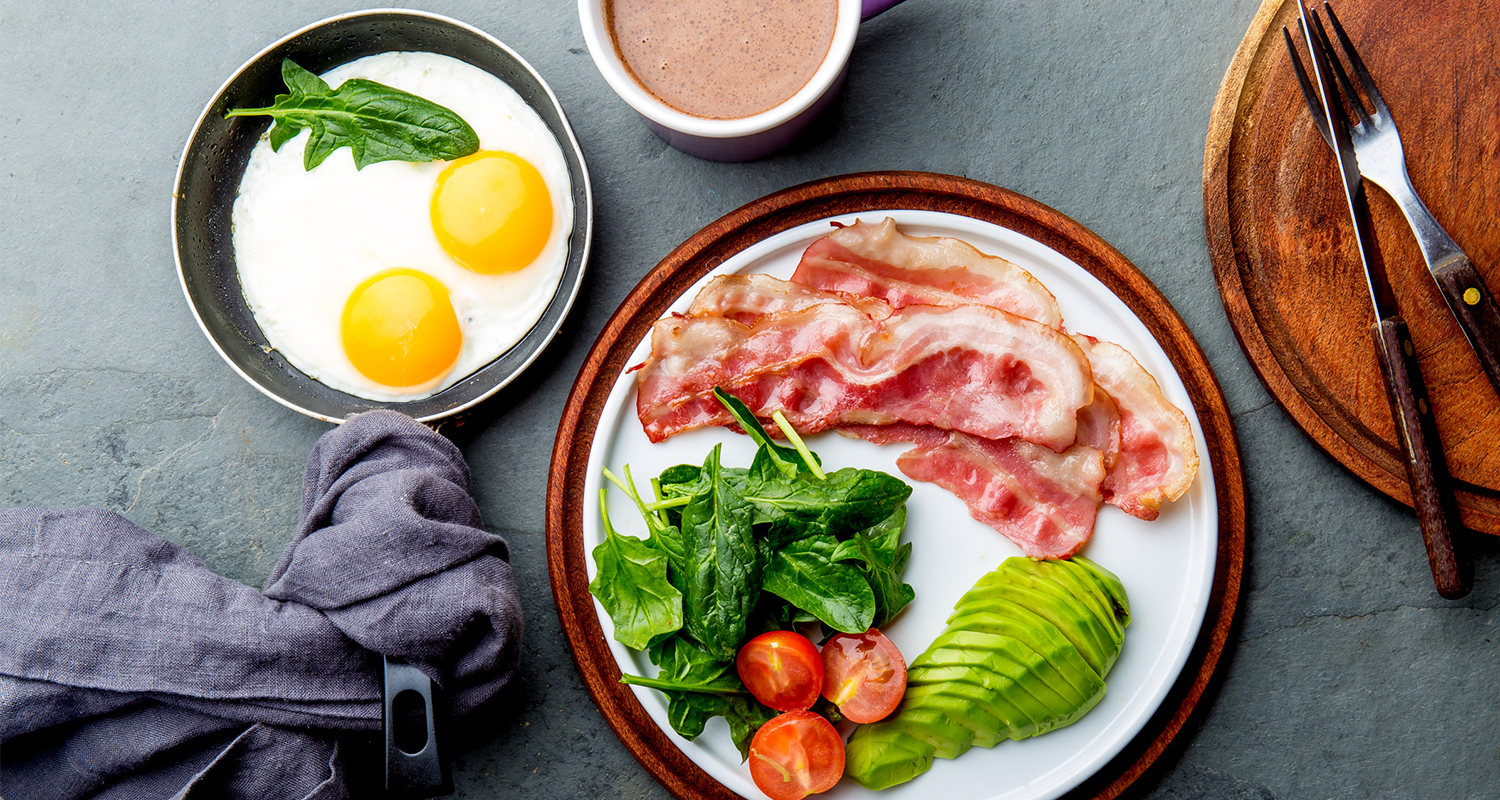
Keto Diet for Beginners: Complete Guide
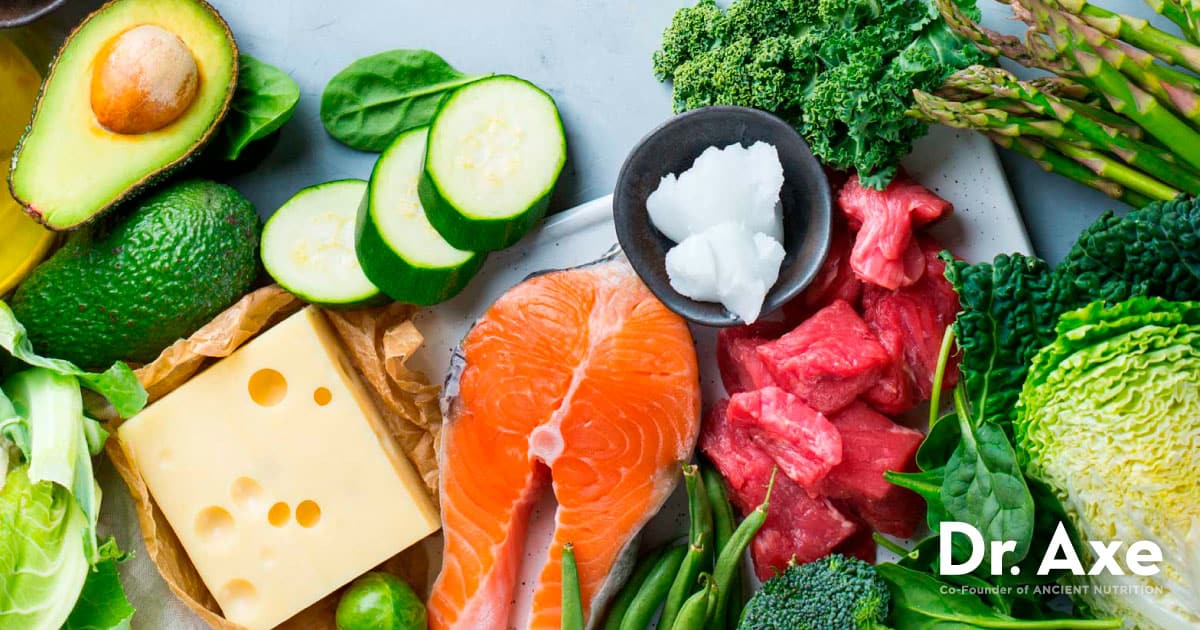
Keto Diet Foods to Eat, Limit or Avoid - Dr. Axe
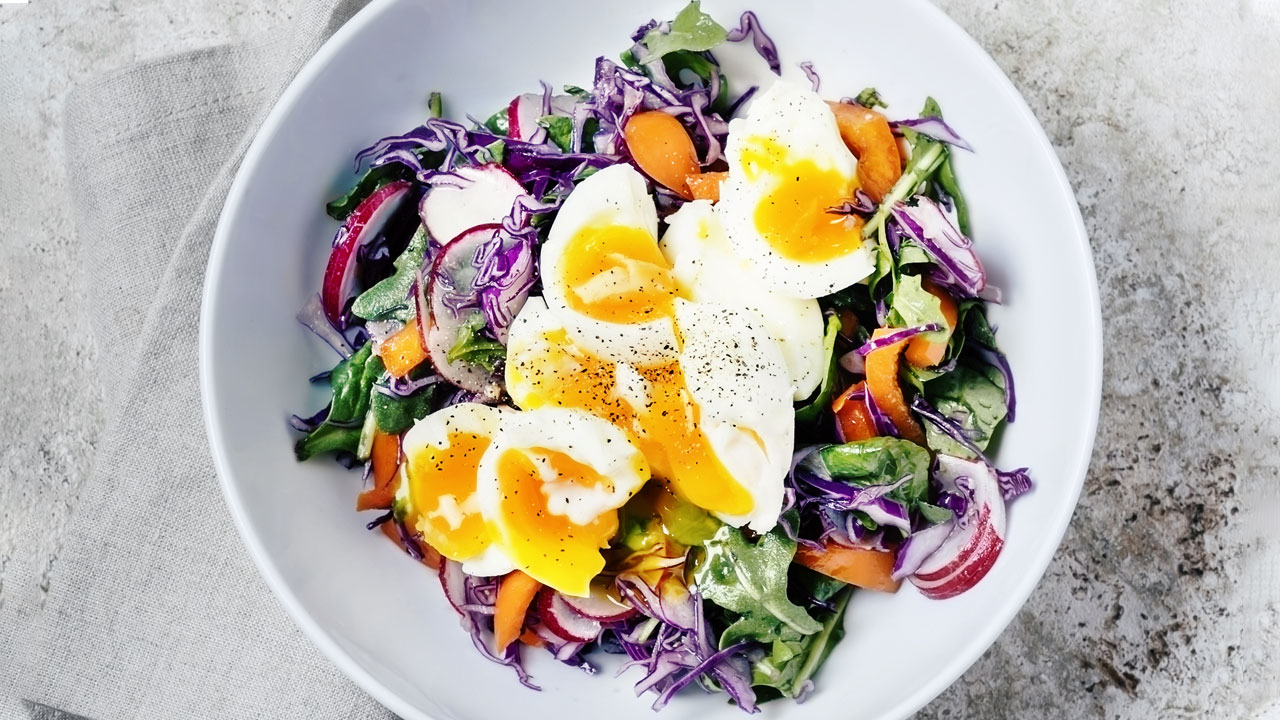
Pros and Cons of the Ketogenic Diet
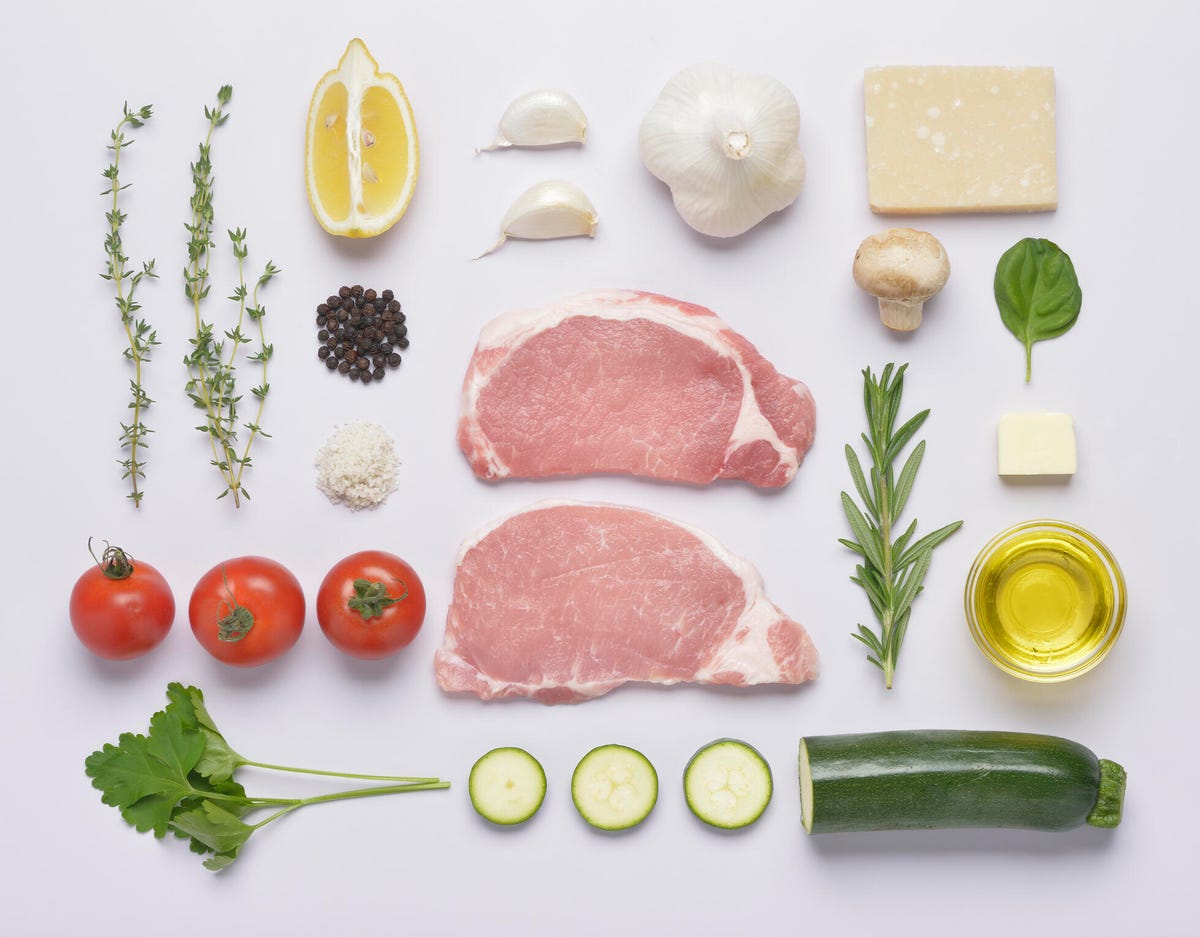
Keto Diet: Everything You Should Know Before You Start - CNET
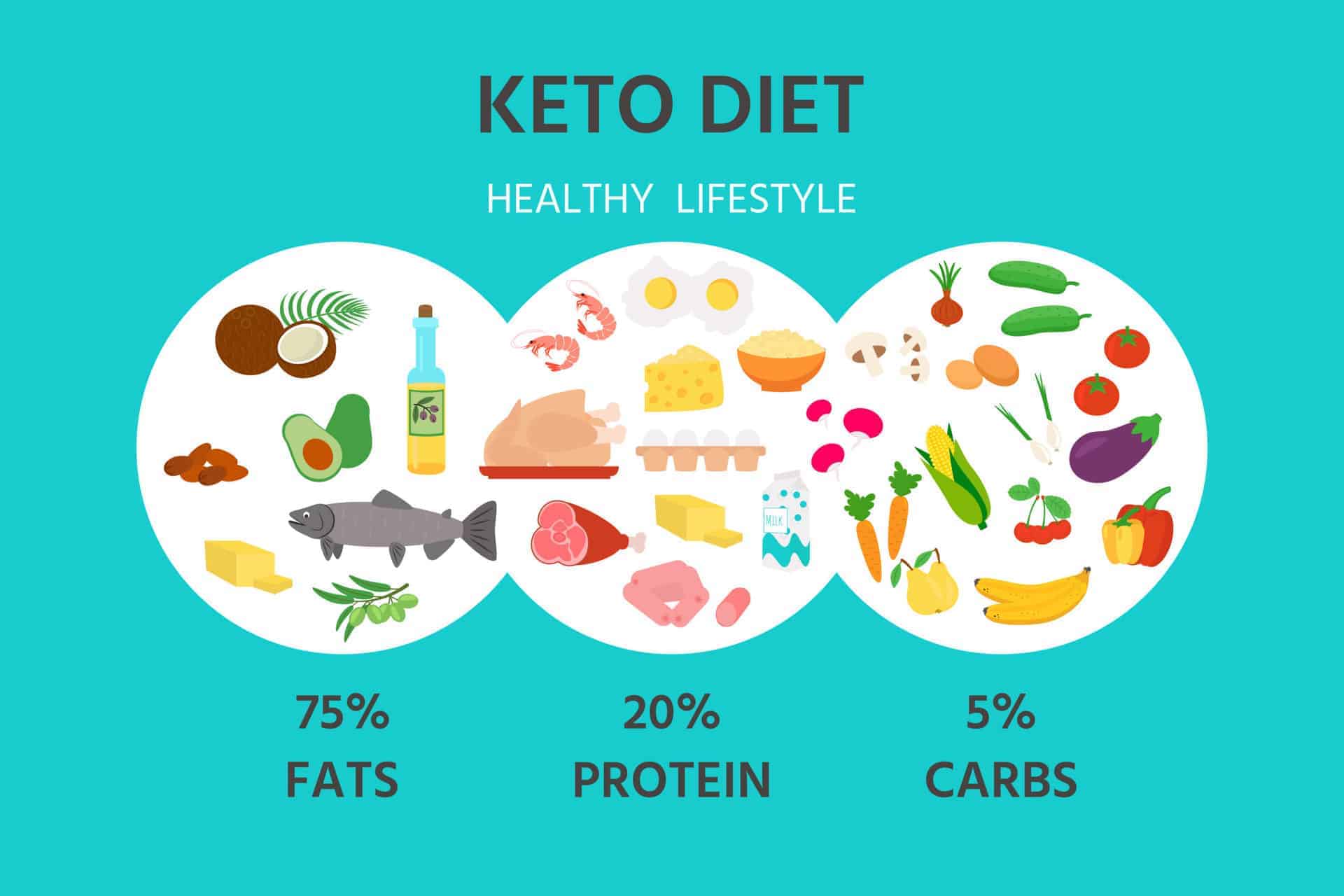
Easy Foundations to Start Strong on the Ketogenic Diet
Recommandé pour vous
 Keto Diet Foods to Eat, Limit or Avoid - Dr. Axe14 Jul 2023
Keto Diet Foods to Eat, Limit or Avoid - Dr. Axe14 Jul 2023 10 Types of the Keto Diet and How They Work14 Jul 2023
10 Types of the Keto Diet and How They Work14 Jul 2023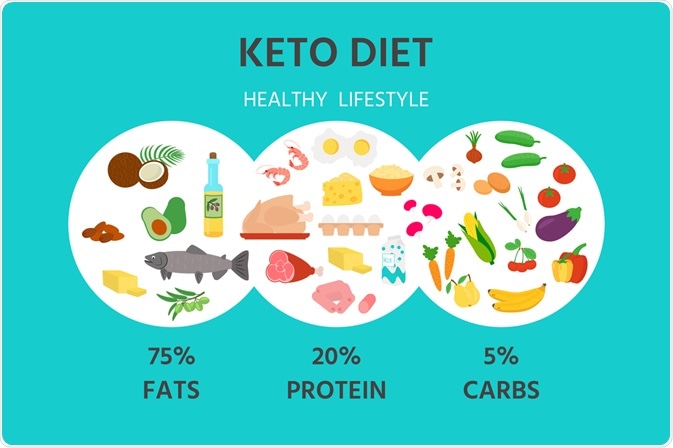 Ketosis Diet14 Jul 2023
Ketosis Diet14 Jul 2023 What to know about the keto diet from experts at KU Medical Center who study it14 Jul 2023
What to know about the keto diet from experts at KU Medical Center who study it14 Jul 2023- Keto Diet – Gimmick or Healthy?14 Jul 2023
 45 Best Keto Recipes - Ahead of Thyme14 Jul 2023
45 Best Keto Recipes - Ahead of Thyme14 Jul 2023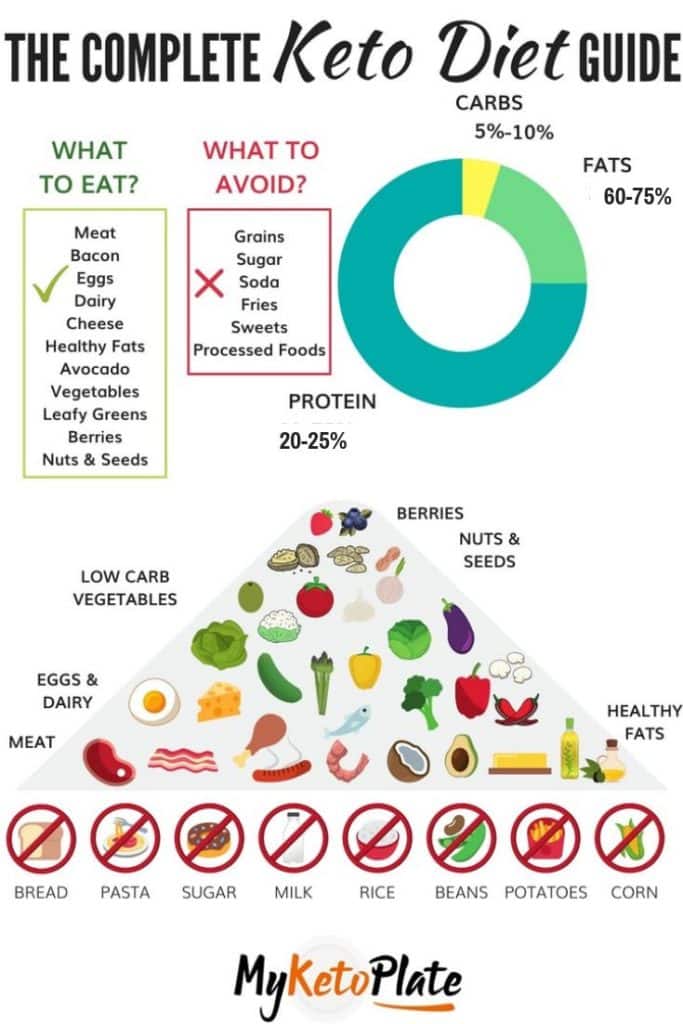 Basics Of Keto Diet And 14-Day Meal Plan - MyKetoPlate14 Jul 2023
Basics Of Keto Diet And 14-Day Meal Plan - MyKetoPlate14 Jul 2023 Should you try the keto diet? - Harvard Health14 Jul 2023
Should you try the keto diet? - Harvard Health14 Jul 2023:max_bytes(150000):strip_icc()/keto-2.0-food-list-1-6669e61beb0d4e0ca4f451a13f00994a.jpg) Keto 2.0: What It Is, Benefits, Risks and Food List14 Jul 2023
Keto 2.0: What It Is, Benefits, Risks and Food List14 Jul 2023 Dirty vs. Clean Keto: All You Need to Know14 Jul 2023
Dirty vs. Clean Keto: All You Need to Know14 Jul 2023
Tu pourrais aussi aimer
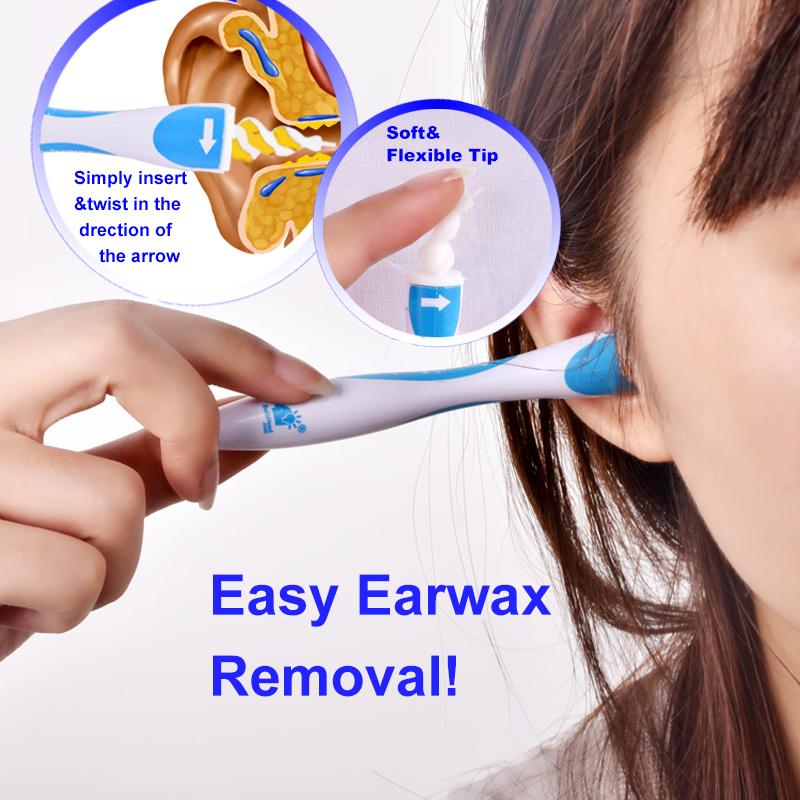 Nettoyeur d'oreille en spirale14 Jul 2023
Nettoyeur d'oreille en spirale14 Jul 2023 LeBron James14 Jul 2023
LeBron James14 Jul 2023 Le duo de mugs Grand-père / Grand-mère – émoi émoi14 Jul 2023
Le duo de mugs Grand-père / Grand-mère – émoi émoi14 Jul 2023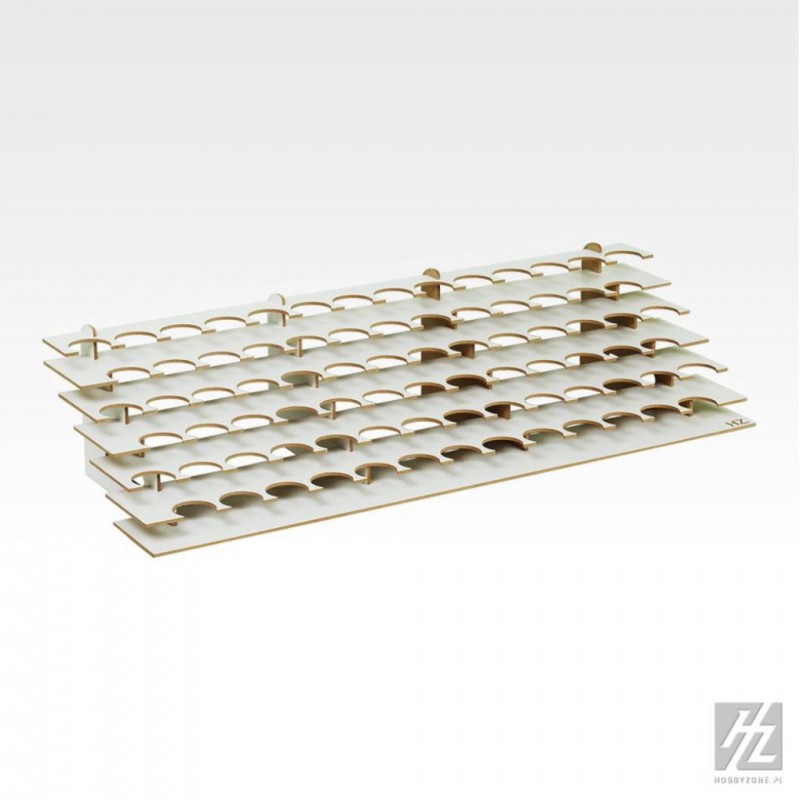 HOBBY ZONE HZ-S2b Grand Support de Rangement pour Pots de Peintures 36mm14 Jul 2023
HOBBY ZONE HZ-S2b Grand Support de Rangement pour Pots de Peintures 36mm14 Jul 2023 FYI you can give the Nismo R32 the widebody and rear wing from the14 Jul 2023
FYI you can give the Nismo R32 the widebody and rear wing from the14 Jul 2023 Amibot - Aspirateur robot Glass XLine AGX50 - Robots Laveurs de Vitre - Cdiscount Electroménager14 Jul 2023
Amibot - Aspirateur robot Glass XLine AGX50 - Robots Laveurs de Vitre - Cdiscount Electroménager14 Jul 2023 Caméscope de poche - Guide d'achat - UFC-Que Choisir14 Jul 2023
Caméscope de poche - Guide d'achat - UFC-Que Choisir14 Jul 2023 Ensemble en nylon souple de fléchettes pour pointe électronique,tige en plastique pour jeu à la maison, barre de couleur aléatoire, 12 pièces, - AliExpress14 Jul 2023
Ensemble en nylon souple de fléchettes pour pointe électronique,tige en plastique pour jeu à la maison, barre de couleur aléatoire, 12 pièces, - AliExpress14 Jul 2023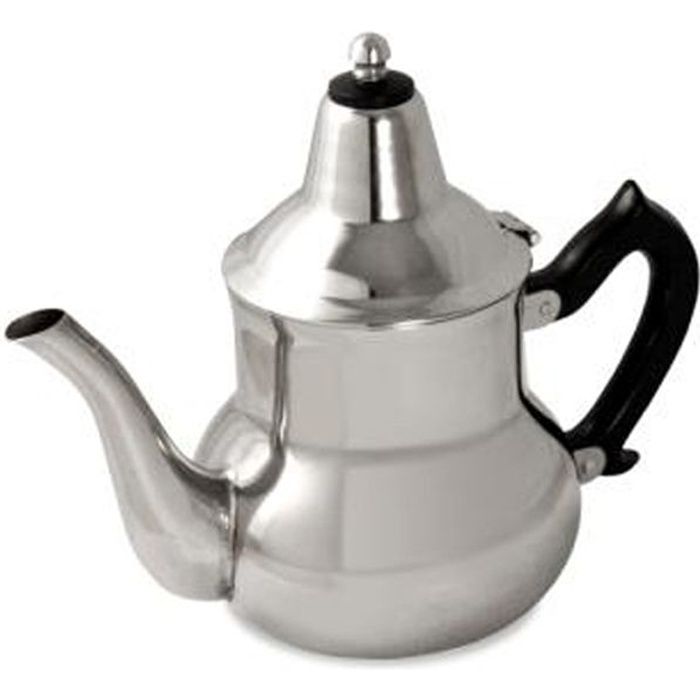 Théière marocaine 1.2 L - Cdiscount Maison14 Jul 2023
Théière marocaine 1.2 L - Cdiscount Maison14 Jul 2023/product/19/727342/2.jpg?9950) Generic Lot De 10 Sachets Anniversaire Pour Enfants - LICORNE - Prix pas cher14 Jul 2023
Generic Lot De 10 Sachets Anniversaire Pour Enfants - LICORNE - Prix pas cher14 Jul 2023
